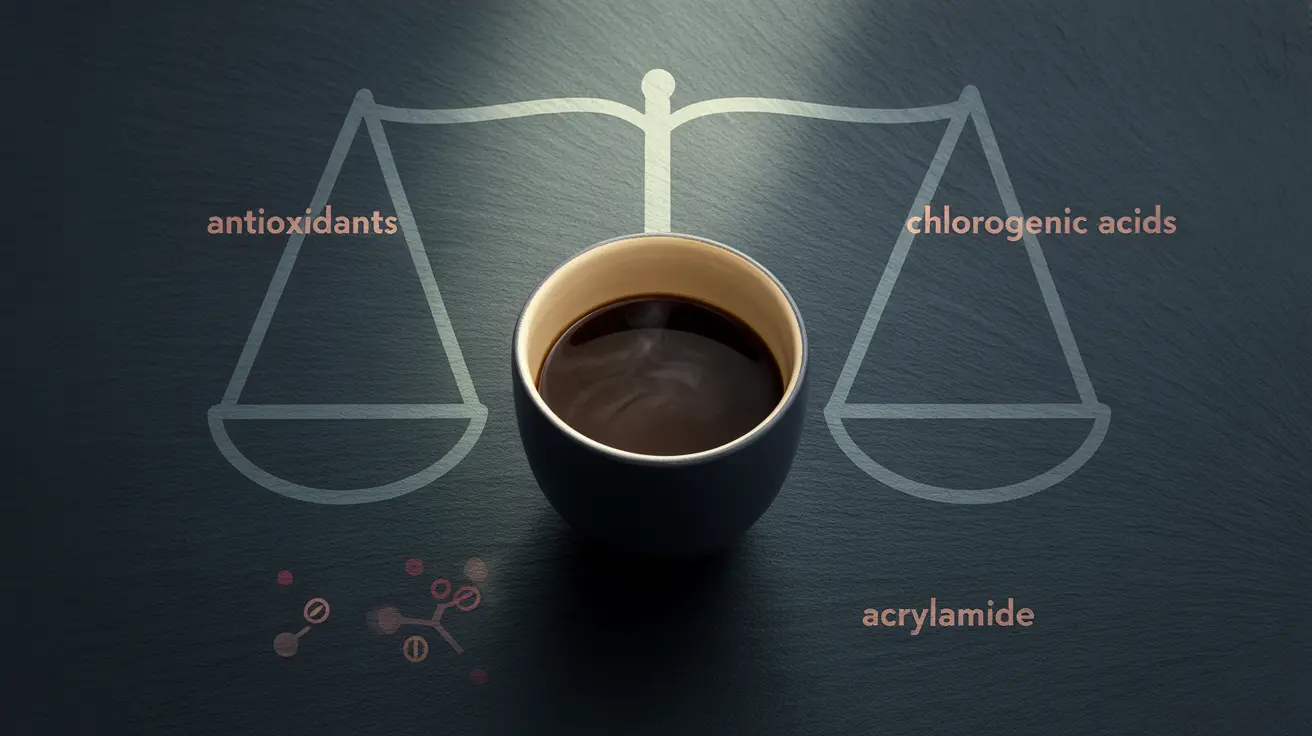The relationship between coffee consumption and cancer has been a topic of significant scientific research and public interest. As one of the world's most popular beverages, understanding coffee's potential impact on cancer risk is crucial for the millions who enjoy their daily cup of joe.
Recent scientific evidence has revealed surprising findings about the connection between coffee and cancer, challenging some long-held beliefs and offering new insights into how this beloved beverage might affect our health.
The Science Behind Coffee and Cancer Risk
Coffee contains hundreds of biologically active compounds, including antioxidants, polyphenols, and other substances that may influence cancer risk. Research suggests that many of these compounds actually have protective effects against certain types of cancer, working through various mechanisms to support cellular health.
Protective Compounds in Coffee
Key beneficial compounds in coffee include:
- Chlorogenic acids
- Caffeic acid
- Kahweol
- Cafestol
- Various antioxidants
These compounds have demonstrated anti-inflammatory properties and the ability to protect cells from damage that could lead to cancer development.
Understanding Acrylamide Concerns
One of the primary concerns about coffee and cancer risk centers around acrylamide, a compound formed during the coffee roasting process. However, current research suggests that the levels of acrylamide in coffee are unlikely to pose a significant cancer risk for most people.
The Truth About Acrylamide
While acrylamide is classified as a potential carcinogen in very high doses, the amounts present in coffee are generally considered safe for regular consumption. The benefits of coffee's protective compounds may actually outweigh any potential risks from acrylamide exposure.
Coffee's Protective Effects Against Specific Cancers
Research has shown that coffee consumption may help reduce the risk of several types of cancer, including:
- Liver cancer
- Colorectal cancer
- Endometrial cancer
- Some forms of breast cancer
Mechanisms of Protection
Coffee's cancer-protective effects appear to work through multiple pathways, including:
- Reducing inflammation
- Supporting DNA repair
- Regulating cell death
- Improving insulin sensitivity
Guidelines for Safe Coffee Consumption
For most adults, moderate coffee consumption (3-5 cups per day) appears to be safe and may even offer health benefits. However, individual tolerance varies, and some people may need to limit their intake due to other health conditions or sensitivity to caffeine.
Frequently Asked Questions
Does drinking coffee increase the risk of developing cancer?
No, current scientific evidence does not support the notion that coffee increases overall cancer risk. In fact, research suggests that coffee consumption may help protect against several types of cancer.
Can coffee actually help reduce the risk of certain types of cancer?
Yes, studies have shown that regular coffee consumption may help reduce the risk of specific cancers, particularly liver and colorectal cancer. The protective effects are attributed to coffee's rich array of bioactive compounds.
Is acrylamide in coffee linked to cancer, and should I be worried about it?
While acrylamide is present in coffee, the levels are generally considered too low to pose a significant cancer risk. The potential benefits of coffee's protective compounds likely outweigh any risks from acrylamide exposure.
How much coffee is considered safe to drink without increasing cancer risk?
Moderate coffee consumption, typically defined as 3-5 cups per day, is considered safe and may even be beneficial for most adults. There's no evidence that this level of consumption increases cancer risk.
Are there specific cancers that coffee protects against or that may be affected by high coffee consumption?
Research has shown that coffee may help protect against several types of cancer, including liver, colorectal, endometrial, and some forms of breast cancer. The protective effects vary by cancer type and individual factors.
Current scientific evidence suggests that coffee can be part of a healthy lifestyle and may offer some protection against certain types of cancer. As with any dietary choice, moderation is key, and individuals should consider their personal health circumstances when determining their coffee consumption.




